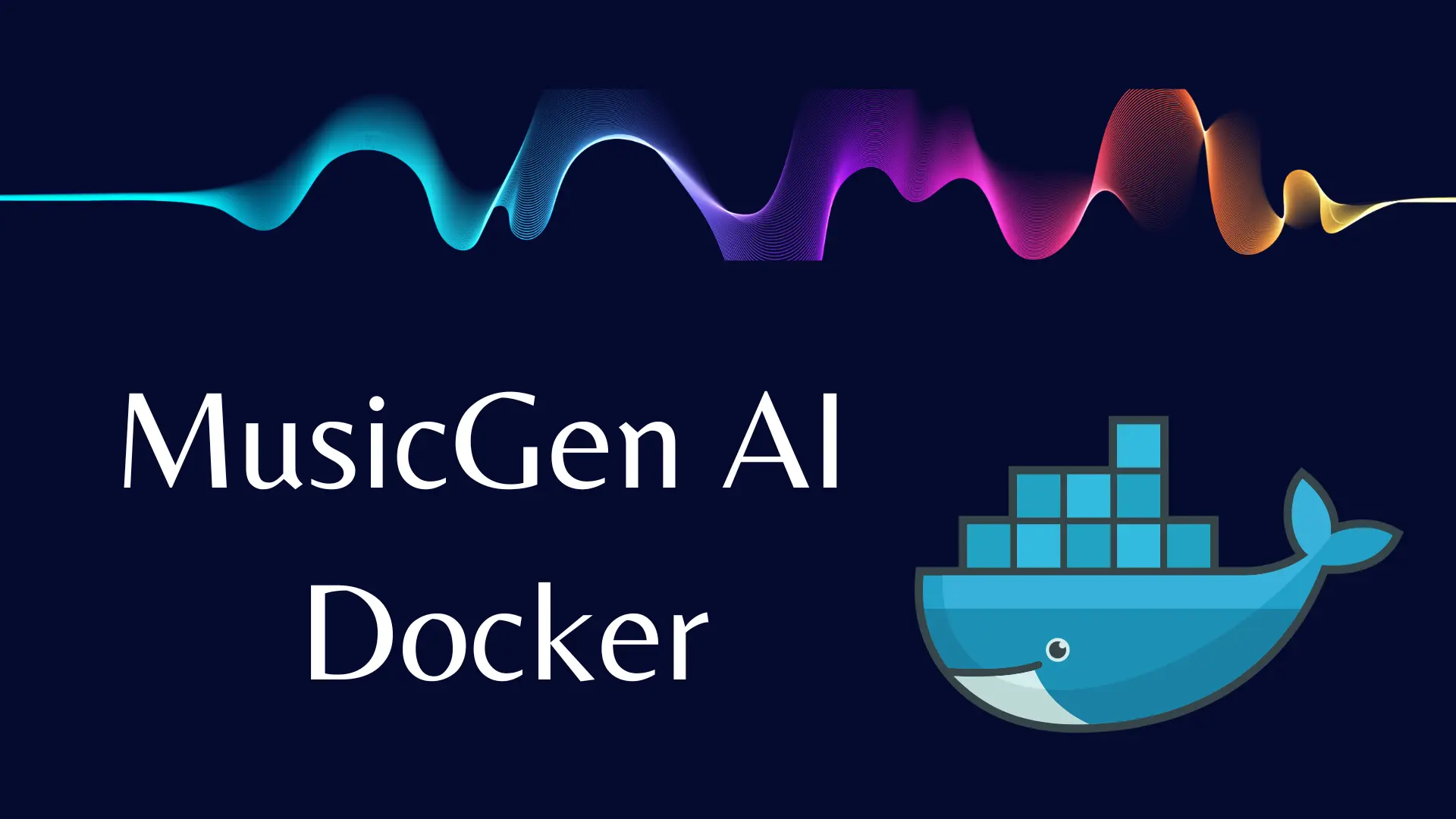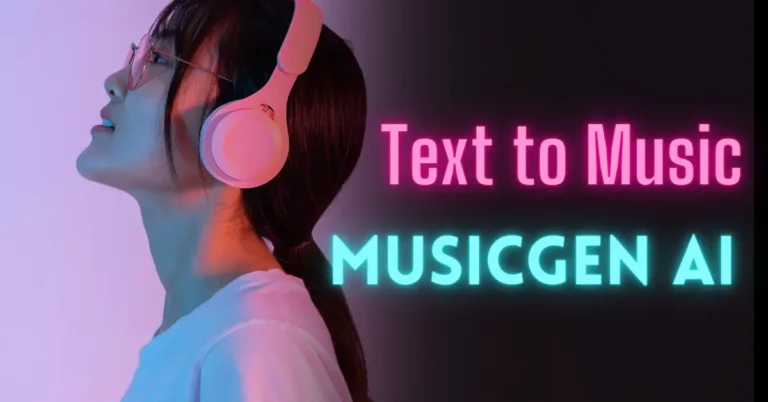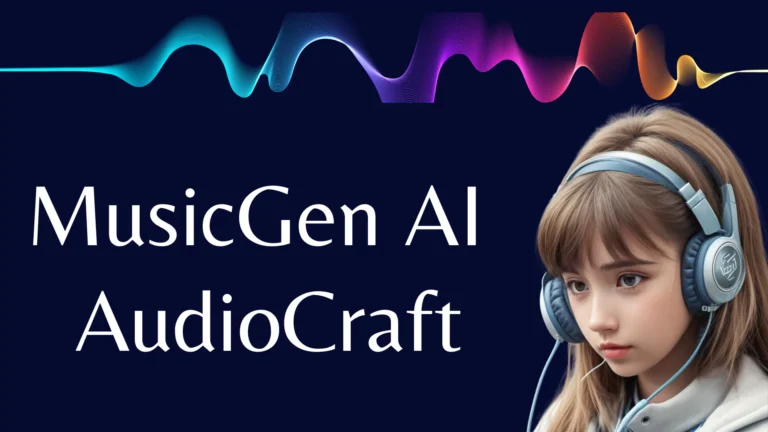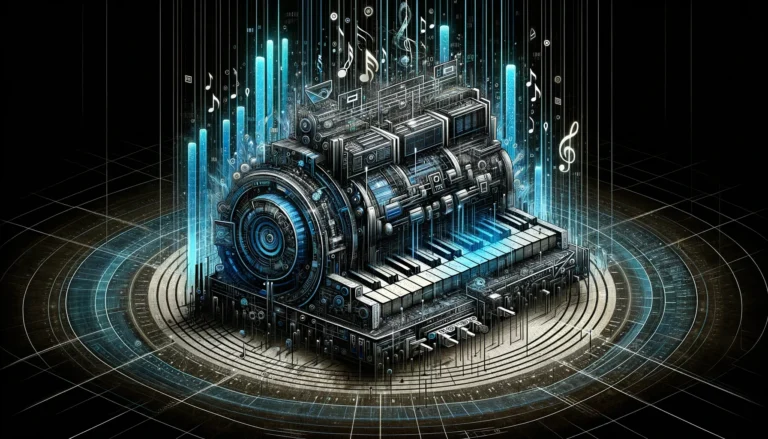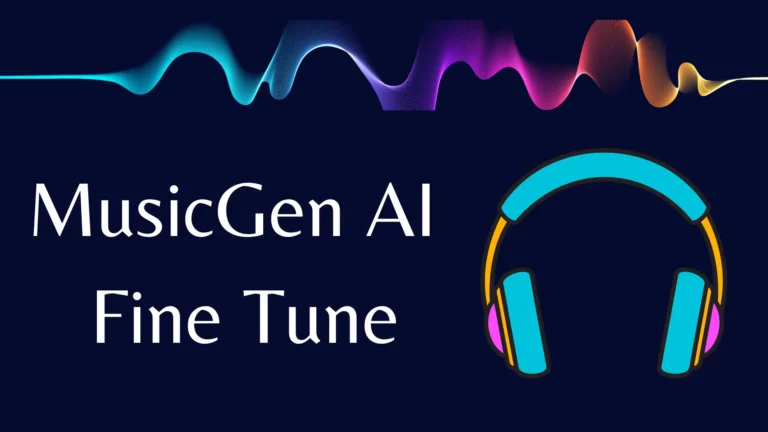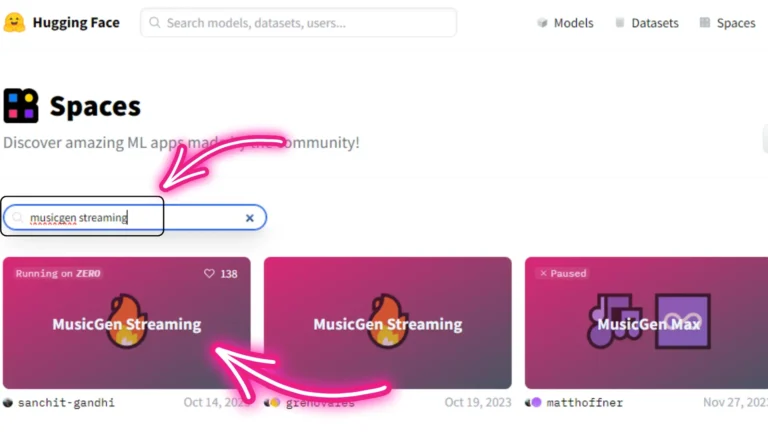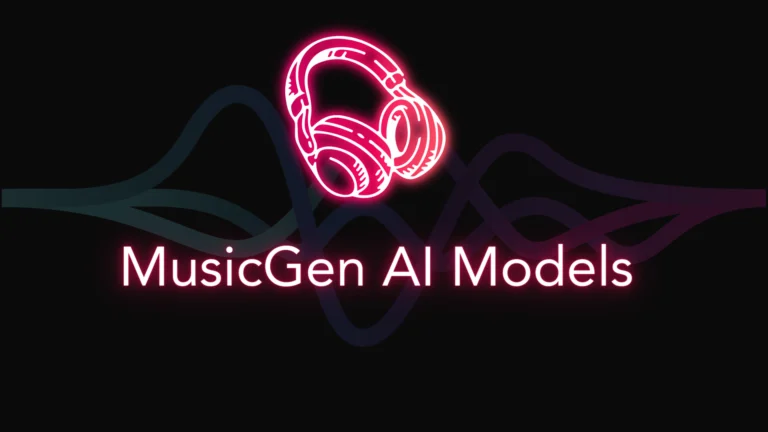MusicGen Docker Tutorial
In the world of Text-to-Speech (TTS) generation, the MusicGen Docker stands out as a powerful tool for creating audio from text inputs. This Docker image, hosted on GitHub at https://github.com/ashleykleynhans/tts-generation-docker, incorporates various TTS engines like Bark, MusicGen + AudioGen, Tortoise, RVC, Vocos, Demucs, SeamlessM4T, and MAGNeT.
This article provides an in-depth overview of the MusicGen Docker, covering installation, usage, and community involvement.
Features
The MusicGen Docker image comes with a multitude of features, making it a comprehensive solution for TTS generation. Some notable components included in the image are:
- Ubuntu 22.04 LTS
- CUDA 11.8
- Python 3.10.12
- TTS Generation Web UI
- Torch 2.1.2
- runpodctl
- croc
- rclone
Additionally, the Docker image is designed to work seamlessly on RunPod, a platform for managing containerized applications, and can be launched using a custom RunPod template.
Installation
Running Locally
To run the MusicGen Docker locally, follow these steps:
- Install Nvidia CUDA Driver:
- For Linux, refer to the installation guide on the official Nvidia website.
- For Windows, follow the Windows-specific installation instructions.
- Start the Docker Container: Execute the following Docker run command to initiate the container:
docker run -d \
--gpus all \
-v /workspace \
-p 3000:3001 \
-p 8888:8888 \
-e JUPYTER_PASSWORD=Jup1t3R! \
ashleykza/tts-generation:latest
Community and Contributing
The MusicGen Docker project encourages community involvement and contributions. Whether you’re interested in submitting bug fixes, proposing new features, or sharing your experiences, the project maintains an open and collaborative atmosphere.
Here’s how you can get involved:
1. GitHub Repository:
Visit the GitHub repository to raise issues or submit pull requests.
2. RunPod Integration:
The Docker image is designed to work with RunPod, and you can find a custom RunPod template to launch it.
For assistance with deploying your container to RunPod, you can join the RunPod Discord Server, where the project’s creator, with the username ashleyk, is available to provide support.
Conclusion
The MusicGen Docker is a valuable addition to the TTS generation landscape, offering a containerized solution with a rich set of features. If you are a developer looking to integrate TTS capabilities into your applications or an enthusiast exploring the world of audio generation, the MusicGen Docker provides a flexible and powerful environment for your needs.
Demi Franco, a BTech in AI from CQUniversity, is a passionate writer focused on AI. She crafts insightful articles and blog posts that make complex AI topics accessible and engaging.
